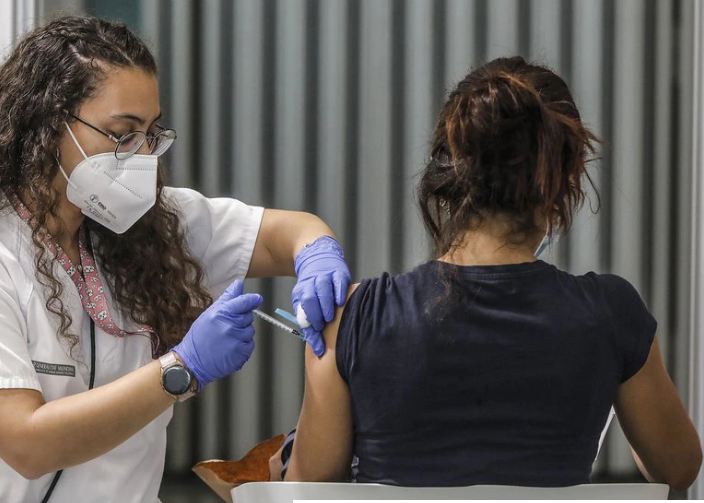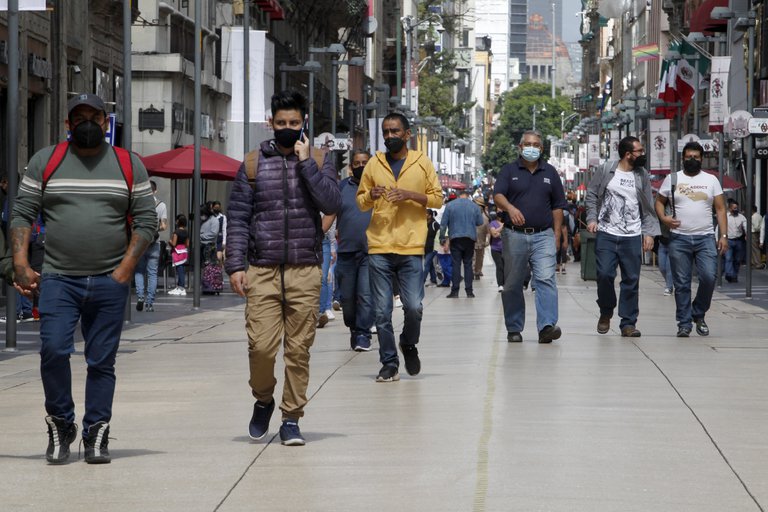The continental bloc met its goal for the summer, with 255 million people immunized, but specialists warn that the new variants will require more applications to protect the population
The European Union announced Tuesday that it has achieved its goal of administering the full COVID-19 vaccine schedule to 70 percent of its adult population before the end of summer.
“70% of adults in the EU are fully vaccinated. I want to thank the many people who have made this great achievement possible. But we must go further. We have to vaccinate more Europeans. And we have to help the rest of the world vaccinate. We will continue to support our partners, ”wrote the President of the European Commission, Ursula von der Leyen, on Twitter.
The Health Commissioner, Stella Kyriakides , celebrated that this is “an important milestone” in the efforts to end the pandemic, but also insisted that it will be necessary to continue vaccinating, fighting against misinformation on this issue and following health measures public.
“We cannot stop here. The new variants make it necessary for us to go beyond 70% to be sure. We have to stay one step ahead. We need to urgently address the worrying vaccination gap between our Member States and be ready to roll out booster vaccines if scientific evidence shows that this is the way forward ”,he said in a statement released by his cabinet.
The European Commission, charged with centralizing vaccine purchases for EU states, had set a goal earlier this year to vaccinate 70% of the adult population, about 255 million people, before the end of the summer .
After a slow start to the campaign due to the shortage of vaccines, delays in deliveries and the temporary suspension of the administration of AstraZéneca in some countries, Brussels already managed in July to deliver the necessary doses to the States, which have also been accelerating and perfecting their vaccination strategies.
However, rates vary widely among the Twenty-Seven , with Ireland leading the way with 85.5% of its adult population fully vaccinated, followed by Denmark (83.5%) and Portugal (82.4%); While at the tail are Bulgaria (20%), Romania (31.9%) and Latvia (45.5%), according to data from the Center for Disease Control and Prevention (ECDC).
Table of some EU countries and others outside the European area, in percentages of the total population:
Spain, one of the most advanced, has already administered the complete schedule of the vaccine to 76.7% of adults and 87.6% have at least one dose.
The EU has licensed four COVID-19 vaccines : those developed by Pfizer-Biontech, Astrazeneca, Moderna (all two-dose) and Johnson & Johnson (single-dose). According to the European Commission, “the EU has exported approximately half of the vaccines produced in Europe to other countries in the world, as much as it has delivered them to its citizens.”
Despite the fact that many states have not yet reached the 70% mark, the EU is already considering whether a booster dose should be administered , although the European Medicines Agency (EMA) has not yet ruled on whether it will be necessary.
If this is the case, the European Commissioner for the Single Market, Thierry Breton, assures that there would be no shortage of vaccines since the EU has increased its manufacturing capacity and right now generates “300 million doses per month”.
In the second half of the year, the European Commission will deliver 950 million doses to member states, he explained in an interview with French public television last week.



















































































